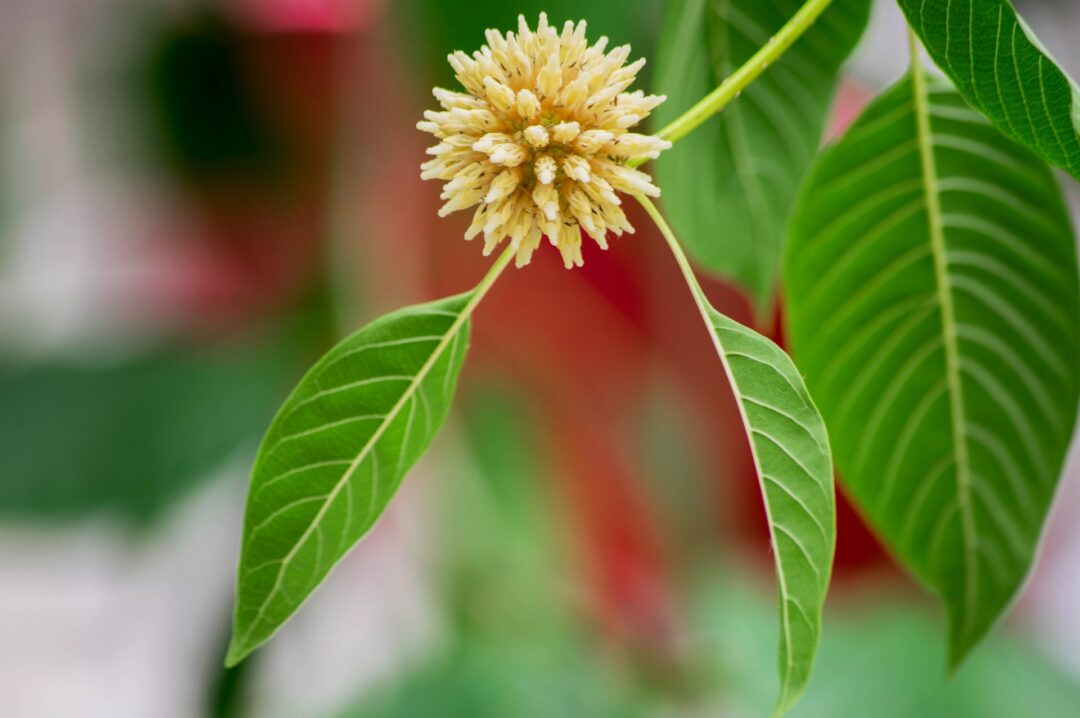
NPA and ABC File Comments to DEA Regarding Kratom

On August 31, 2016, the DEApublished, in the Federal Register, a notice of intent to temporarily place mitragynine and 7-hydroxymitragynine, two psychoactive constituents of the plant Mitragyna speciosa (kratom), to the temporary scheduling provisions of the Controlled Substances Act.
Following challenges from the public, the DEA withdrew the notice of intent and instead opened a comment period, of which must be submitted electronically or in writing and be in accordance with procedures.
“Adding an untested and unregulated substance such as kratom to our food supply without the application of longstanding federal rules and guidelines would not only be illegal,” said Daniel Fabricant, Ph.D., NPA’s CEO and executive director, in the formal comments submitted to the DEA. “It could likely be dangerous, leading to serious unintended consequences as our nation struggles with the crisis of opioid addiction.”
Fabricant also noted that “as former Food and Drug Administration (FDA) officials and regulators of the dietary supplement industry, we can tell you that finished kratom products and raw kratom botanical ingredients have not met the strict standards products and new ingredients must adhere to in order to be marketed to the public and deemed safe for regular use in either our food or our drug supply. Self-medicating with kratom is dangerous without the necessary pre-market approval process set forth by our public health experts at FDA. Even if kratom were delivered as a food, kratom has never been filed as a new dietary ingredient to FDA’s Center for Food Safety and Applied Nutrition.”
The American Botanical Council (ABC) filed a comment to the DEA requesting the agency to stop kratom from being added to the temporary scheduling provisions of the Controlled Substances Act, due to the act being able to “impede current and future medical research efforts.”
In ABC’s comments, which used the nonprofits recently published peer-reviewed article on kratom as a foundation, ABC cites evidence that may support the plants benefits, with two being the ability to alleviate the symptoms of opioid withdrawal and the management of pain.
ABC also emphasized on how classifying kratom to the Controlled Substances Act would subject the medical research community to many hurdles, such as obtaining a registration from the DEA.
“ABC realizes that there are compelling scientific data to support kratom’s potential therapeutic use; there is also confusion about its safety profile,” said Mark Blumenthal, founder and executive director of ABC, in a press release. “Our comments to DEA are intended to help ensure that appropriate scientific and medical research on this interesting plant and its biologically active constituents can continue with minimal regulatory hurdles.”
Posted on WholeFoods Magazine Online, 12/5/2016
UPDATED 12/7/16
UPDATED 12/13/16

The editorial team at WholeFoods Magazine has decades of experiences reporting on natural products industry news, trends, and more. This national, monthly business-to-business magazine has been published continuously for nearly 40 years (the magazine was founded in 1977, and has been owned by Wainer Finest Communications since 1984). It is the longest-tenured media outlet of its kind in the natural products industry. The editorial focus at WholeFoods Magazine is, and always has been, on informing and educating members of the natural products industry.
The Magazine
Information
About Us
NOTE: WholeFoods Magazine is a business-to-business publication. Information on this site should not be considered medical advice or a way to diagnose or treat any disease or illness. Always seek the advice of a medical professional before making lifestyle changes, including taking a dietary supplement. The opinions expressed by contributors and experts quoted in articles are not necessarily those of the publisher or editors of WholeFoods.







